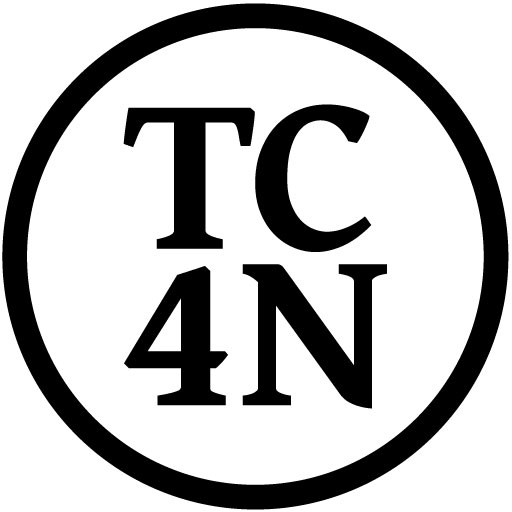TOWN COUNCIL FOR NOOBS: TOWN COUNCIL BUDGET FORUM (3/7/19). THE ISSUE WAS PARTICIPATION, NOT THE BUDGET.

by William Kaizen
In this post, I’m expanding my coverage to include the poorly-attended Town Council Budget Forum because it illustrates issues closely related to my usual posts.
The new charter—the document determining how Amherst is governed—stipulates that the Town Council must hold a minimum of two public forums each year to address the master plan and the town budget. It defines a public forum as a meeting where more than half the time is dedicated to public comment. The purpose of these forums is to inform town residents about town planning and budgeting, and provide resident feedback to Councilors and the Town Manager.
Almost nobody showed up! The Council must have been expecting a big turn out because they held the forum in the auditorium of the middle school, which seats around three hundred. I know this because Town Meeting was held there and I was a Representative for District Three. A quorum of the 240 Reps plus assorted others used to comfortably fill the room.
It was disheartening to see a space previously filled with so much life almost completely empty. During Town Meeting, the auditorium had been charged with the energy of a large group of people discussing, debating, declaiming and decrying various issues as they worked to better the lives of town residents. Now, the Council sat at a line of tables in the front of the room as the Select Board once had, accompanied by Town Manager Paul Bockelman. Much of the audience of about a dozen people was there not to speak but to report for blogs or other sources.
Bockelman began by stating that his two top priorities for the town’s approximately $80 million yearly budget are mitigating climate change and improving roads and sidewalks. I had seen him make similar presentations to Town Meeting in the past and these had never been so strongly emphasized. In highlighting climate change and multi-modal transportation, Bockelman demonstrated that he has been listening to town residents who have been urging him to prioritize these. He went on to discuss his “One Town, One Plan” vision for four big capital projects, which I have previously discussed and will certainly have more to say about in the future.
But nobody was there to get his message! Bockelman acknowledged that, as with so many other things related to the Council, the forum was a new requirement. The specifics could be adjusted in the future to allow such events to be better attended, and it was being broadcast live on Amherst Media and archived there, so it would be available in various ways.
While the Council clearly hadn’t done enough to promote the forum, I wondered who would have come if they had? Intended or not, holding the forum on the former site of Town Meeting was a symbolic gesture. I’ve been frustrated that the people who were once so active in town government haven’t been showing up for Town Council meetings. I can only speculate about the reasons for this. One must certainly be not having a vote and therefore not being able to directly influence the actual decision-making process. Disenfranchisement is a strong disincentive to participation.
A few hardy souls stood up and spoke anyway. One woman beseeched the Council to keep in mind how high our property taxes are. A man expressed support for keeping the public transportation funding in the budget. A few others spoke to their issues. Because of the charter, Councilors were required to sit there for one minute longer than town officials had spoken—about half an hour. Council Chair Lynn Griesemer stood awkwardly at the podium in silence waiting for the clock to run down. Some of the same people stood up and spoke again just to fill the time.
Eventually I stood up and reminded the Council, with a hint of irony, that the charter mandated the formation of a committee to examine the role of participatory budgeting, which would further open the budget process to residents. My hope is that is will allow residents to play a more active role in town budgeting, as Meeting Reps once had, rather than just commenting from the sidelines.
The forum, which began at 6:30, adjourned at 7:23. I thought it would run late; instead, I got home in time to kiss my kids goodnight!
Public forums and public comment are no substitute for direct decision-making power. Stripping a large number of town residents of this power was one of the motives behind the new charter. This makes the robustness of institutions like public forums and public comment all the more necessary and heightens the potential of participatory budgeting. The Council has been making a strong attempt to engage the public in numerous ways. It must continue to do so even more strongly and reach not only to the usual suspects but to people who didn’t turn out for Town Meeting and don’t turn up for Town Council events. Otherwise, only squeaky wheels like me will get greased!
